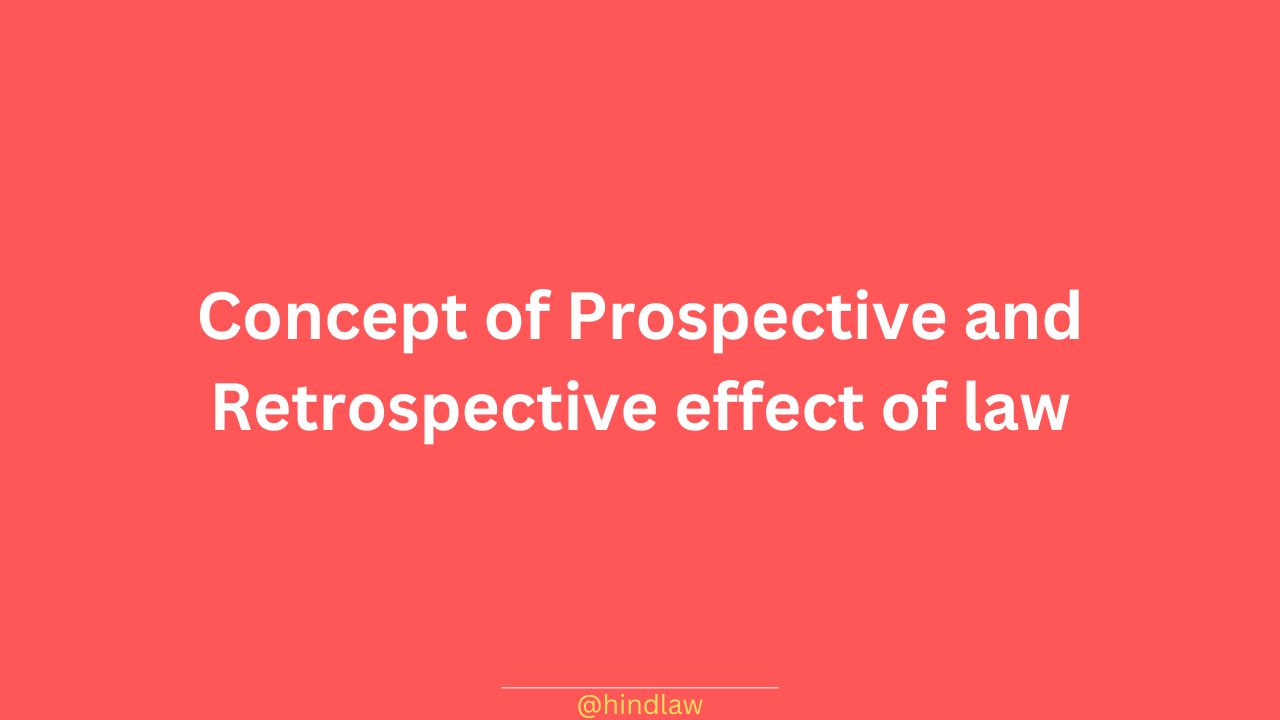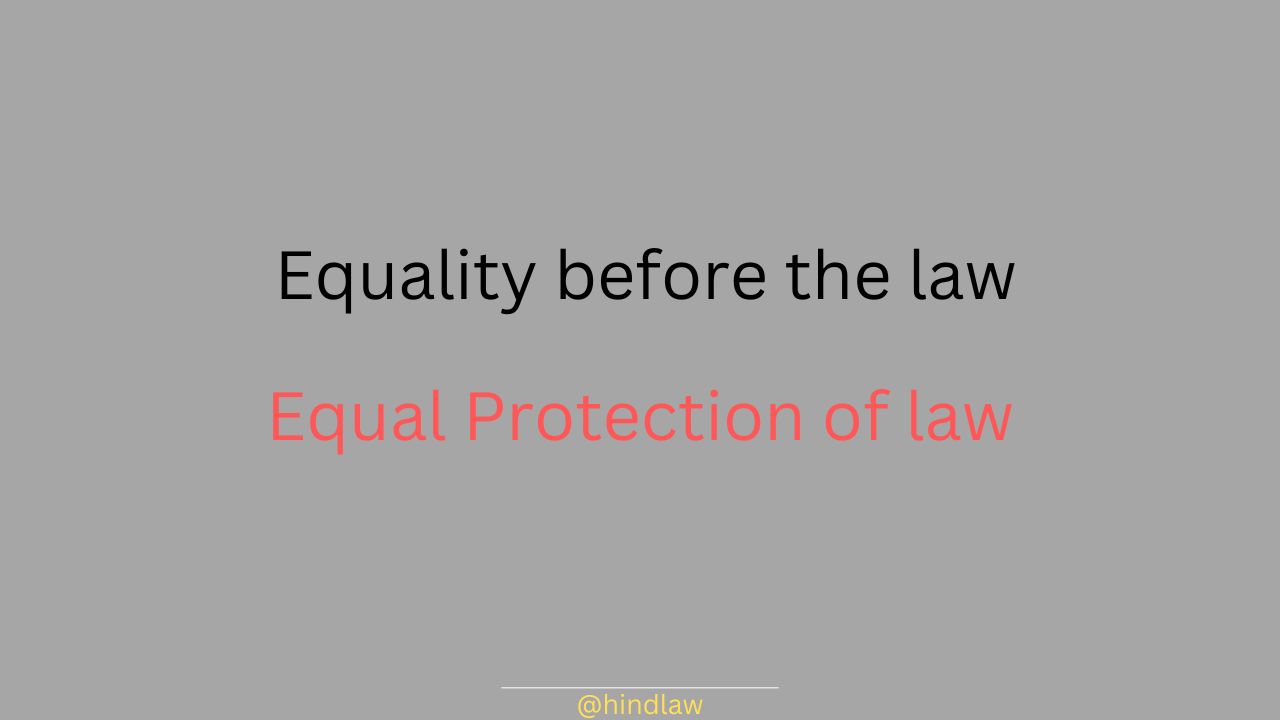Laws play a crucial role in shaping our society, influencing behavior, and maintaining order. We can not even dare to imagine a society without law and order it will cease to exist as people will not have a fear of their immoral acts and all.
But do you know how laws take effect or come into existence after being passed by the Parliament? it depends upon their nature. Let us explore the retrospective, prospective, and retroactive effects of laws. In simpler terms, we’ll delve into how laws affect the past, present, and future, using examples to illustrate these concepts.
Prospective Effect
The prospective effect of the law is concerned with or applying the laws in the future or at least from the date of commencement of the statute.
Imagine a new law is passed banning the sale of tobacco products near schools. This law is prospective in nature, meaning it applies only to events that happen after its enactment. So, while schools can no longer sell such products, they won’t be penalized for past sales of tobacco products.
Example: The Goods and Services Tax (GST) implemented in India in 2017 is a classic example of a prospective law. It only applied to transactions and events occurring after its introduction.
Retrospective Effect
the retrospective effect of a statute refers to a law that has a backdated effect or has been effective since before the time it was passed. This kind of law is also known as an ex post facto law.
It is important to note that according to Article 20 of the Constitution of India, the legislature is prohibited from making retrospective criminal laws. However, civil liability can be applied retrospectively with effect from a past date. This means that tax can be levied retrospectively. It’s worth noting that in tax law, retrospective application is not permitted to the extent of making someone punishable under criminal law.
Suppose there is a law made that reduces the punishment for a specific crime from 5 years to 2 years then it can apply retrospectively but if any law increases the punishment that cannot applied retrospectively it can apply only prospectively. Since laws take effect depending upon their civil and criminal nature. If there is civil law it can have a retrospective effect but criminal laws always take effect prospectively to protect the rights of individuals.














